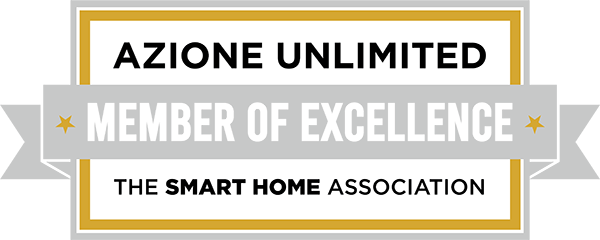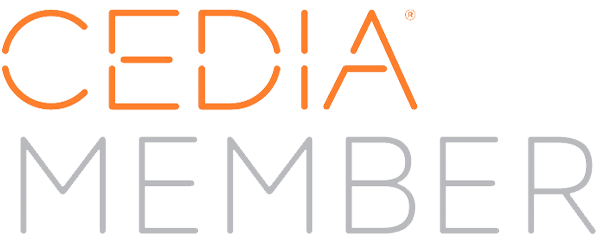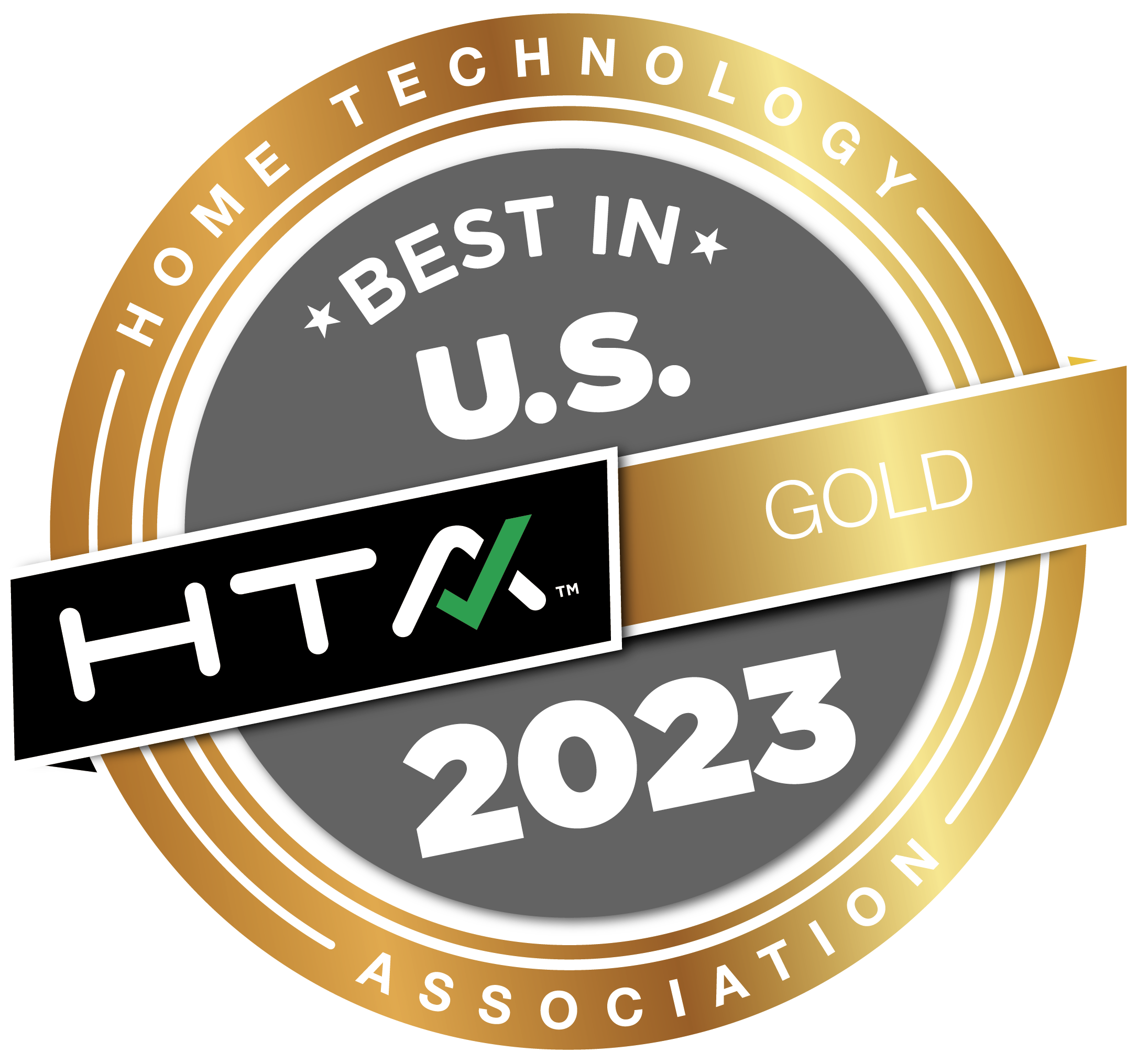3 Legal Questions About Home Surveillance Cameras
Can You Use Home Surveillance Footage in Court? & Other Questions
Installing a new home surveillance system is the first step toward building a safer home. But if you’re new to home security, you may have some concerns. For instance, is it always legal to install security cameras?
In most cases, you’re entirely within your rights to install surveillance cameras inside and outside your property. But to clear up any confusion, here are three commonly asked questions we hear from our customers in Greenwich, CT.
SEE ALSO: Bet You Didn’t Know Your Integrated Home Security System Could Do This
1. Are Security Cameras an Invasion of Privacy?
In general, no—home surveillance cameras are not an invasion of privacy. It’s your right to install cameras in and outside your home to protect your family and property.
However, home cameras can breach privacy laws if they:
- Are hidden in the home without consent
- Are hidden in ‘private’ areas like bathrooms and bedrooms without consent
- Are placed in a home rental or Airbnb without informing guests
As for audio? Here in Connecticut, the two-party consent rule requires you to receive consent to record your household or guests over audio. Odds are, your spouse or children will be aware of the security system and understand why it’s in place. As long as cameras aren’t in private areas, you don’t have to worry about any legality issues with guests visiting. It’s your right to record video surveillance on your property.
2. Can Home Surveillance Footage Be Used In Court?
Yes! As long as the footage was lawfully recorded (as in, not in private areas or hidden without consent), you can use your security footage in court. Home surveillance footage must also include the correct timestamping without inaccuracies or gaps for it to be considered acceptable in U.S. court.
3. Can Security Cameras Be Pointed at Neighbor’s House?
In densely populated neighborhoods like downtown Greenwich, it can be difficult to install an outdoor camera that doesn’t catch the side of a neighbor’s house. Whether you’re recording the driveway or side of your lawn, you may capture the adjacent house. Is that a problem?
As long as your camera captures a broad area at a distance, and if you use the cameras for lawful purposes like preventing theft, it is legal to have a neighbor’s house in your surveillance footage.
However, if the cameras can clearly see into the house or are pointed at areas of privacy, like bedrooms or bathrooms, that could be treading into illegal territory. If your neighbors have any concerns, or if you’re worried about upsetting them, speak to them and explain the purpose of your home surveillance system. If a certain location for a camera doesn’t work, our security company can help you find another solution.
If you’re looking for an all-in-one home surveillance system in Connecticut, Rich AV Design is here to help. We design and install comprehensive systems that intelligently monitor and notify you about real threats with minimal false alarms.









